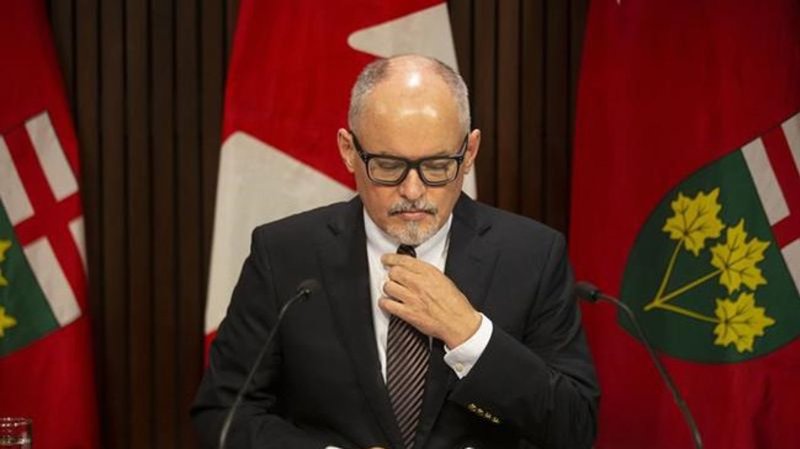
Ontario investigating four possible Omicron cases, offering testing to 375 travellers
TORONTO — Ontario is investigating four more possible cases of the Omicron COVID-19 variant of concern, and the province’s top doctor said it’s likely more will be detected after an initial two cases were confirmed over the weekend.
Dr. Kieran Moore said two of the potential cases are in the Hamilton, Ont., area and two are in Ottawa. That’s in addition to the two confirmed cases in Ottawa announced Sunday — Canada’s first known cases.
“I would not be surprised if we find more in Ontario, because we’ve got a very robust surveillance system,” Moore said Monday. Ontario is performing genome sequencing on all positive COVID-19 tests, which Moore said will help detect variant cases.
The new variant, which may be more transmissible, has prompted several countries including Canada to introduce travel restrictions. Travel bans have focused on countries in southern Africa where community spread is known, though cases have since been found across the globe.